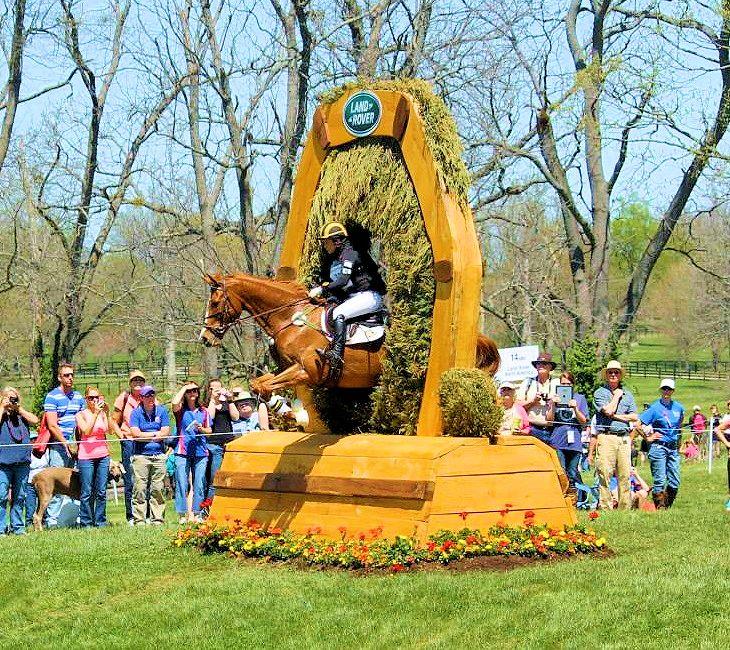
Maryland Organization Aims to Help Horses, Horsemen and Veterans
“Rehoming Thoroughbreds can be addictive, the more you rehome the more you want to rehome,” said Kimberly Clark the president and founder of Thoroughbred Placement Resources (TPR) in Upper Marlboro, Maryland. “When horses come though our program and then go on to adoptive homes, it fuels you to put more time and energy into the next one.”
Clark, a former trainer and exercise rider says rehoming Thoroughbreds at the conclusion of their race careers was always a part of her regimen. However in 2007 when she listed five Thoroughbreds available for adoption on her website and had 200 inquiries, she was galvanized to create an organization dedicated to the retraining and rehoming of Thoroughbreds.
Based upon the advice of a business advisor, TPR was initially founded as Thoroughbred Placement Rescue. In 2012, Clark changed the name of the organization and replaced “rescue” with “resources”. “I think the term ‘rescue’ devalues the horse. Thoroughbreds have fantastic potential, and coming from the track I’ve always seen their potential and presented them as such. Rescue is not what we do so ‘resources’ is a much better fit.”
Clark’s racetrack connections keep TPRs’ barns full. “I’ve galloped racehorses for 30 years and was a licensed trainer until two years ago so people seem to find me. We don’t have to go looking for horses.” TPR currently utilizes three facilities and can accommodate approximately 20 horses in the program at one time. All new horses are initially ridden by Clark who assesses for career potential and then begins an appropriate retraining program. Most horses remain in retraining until a suitable adoption match is found. Since their inception, TPR has rehomed over 1,000 Thoroughbreds.
“While we always have a waiting list I will give priority to horses with upper level potential as I think it is important that these horses represent the breed. If we can get top horses into the hands of upper echelon professionals they can become breed ambassadors and it will have a trickle down effect for all Thoroughbreds,” said Clark.
For horses on the waiting list, TPR offers a listing service via the organization’s website, goodhorse.org. “Our listing service is a way to help horsemen directly transition their horses from the track to the community,” shared Clark. As part of the service, TPR checks references of potential adopters and provides an adoption contract for the future protection of the horse.
On occasion TPR also takes horses in need of medical attention for treatable injuries. With the assistance of Spurlock Equine Associates, who provide their services at cost, TPR offers layups and rehabilitation to Thoroughbreds that need some stall rest before continuing on to their new careers.
In addition to the rehabilitation, retraining and placement services, TPR recently launched its Hero Horses program. The mission of the program is to empower veterans by including them in the rehoming process. Veterans assist with the horses’ transition from racetrack life to a new career by reinforcing basic ground skills like leading and grooming. “The Hero Horses program is the best thing I’ve ever done,” said Clark. “To see the vets and the horses together is truly amazing. As I watch the horses blossom in new roles the veterans seem to gain a sense of pride in knowing they were an integral part of the process.”
TCA has supported TPR with an annual grant for several years. “TCA’s grant was the first grant that TPR ever received and it gave me the confidence to go on,” recalled Clark. “All the money goes to the horses, and supporters like TCA make what we do possible.”

